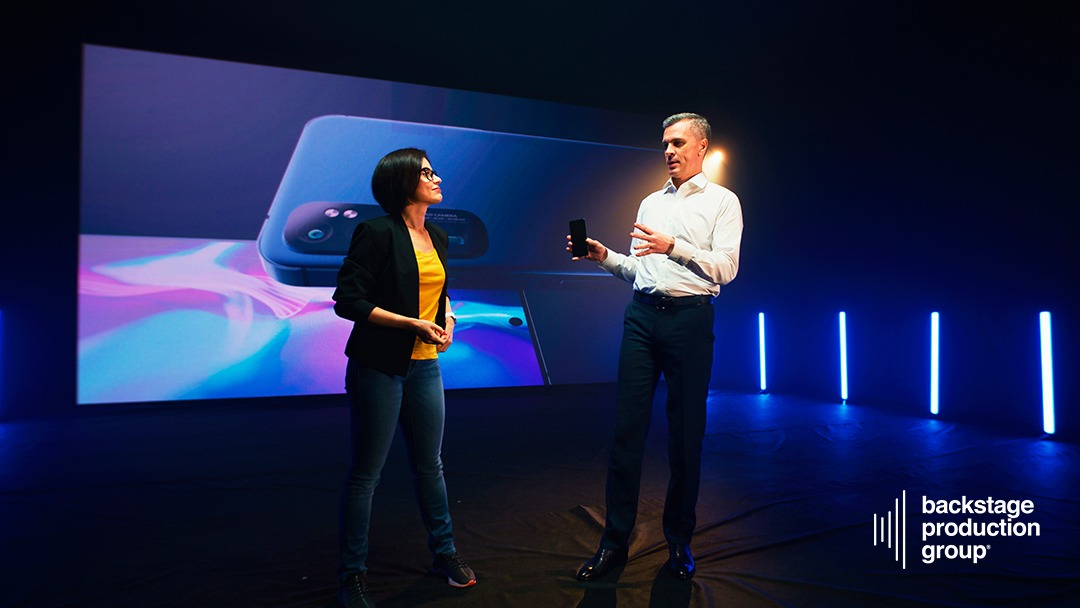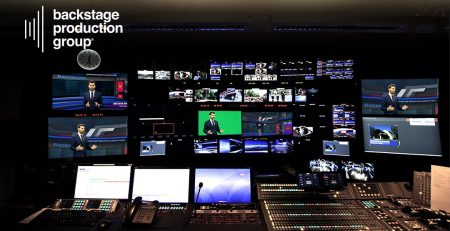Planning a hybrid event
Daniel I2023-02-15T15:44:00+02:00A Japanese proverb says: “When you plan you don’t act and when you act you don’t plan”.
In this article we look at planning a hybrid event, which as simple as it may seem at first glance, can bring many unpleasant surprises if the planning has not been done properly. Let’s take a look at the steps involved in planning a hybrid event:
- First set the objective of your event. What do you want to get out of the event? Sales, visibility, employee rewards?
- Identify the audience for your event. Where they are located and how you can build your event agenda to best meet their needs. Also, estimate the number of guests who will attend your event, both physically and online. If your audience is also overseas, consider translating the event for your foreign language audience. It is important to know that you can find out the needs and wishes of your participants during the registration process.
- Set the total budget for the event and then allocate the amount of money for the physical event and the amount of money for the virtual event. Take into account the costs for the classic event: room or studio rental, MC, speakers, catering, costs for necessary safety measures (maybe even an ambulance at the venue). Also take into account the costs for the virtual event: the event platform, the equipment needed for the audio-video transmission, the costs of the necessary staff.
- Build your team. A hybrid event can be considered a 2-in-1 event. So you’ll need one team to run the physical event and another team to make sure everything works properly online.
- Build the agenda for the physical event and the online event. The agenda may be identical or may differ. For example, during breaks in the physical event, there may be pre-recorded material for the online audience. It also determines the methods by which the audience registers for the event.
- Establish methods for reporting, follow-up and measurement of event performance. What you can’t measure, you can’t improve, so consider having as much useful data (number of participants, average time spent on the event platform, feedback and conversions) as possible after the event.
Remember, a successful event means good planning and a dedicated team!
Do you like what you see?
Contact us now for your next event.



